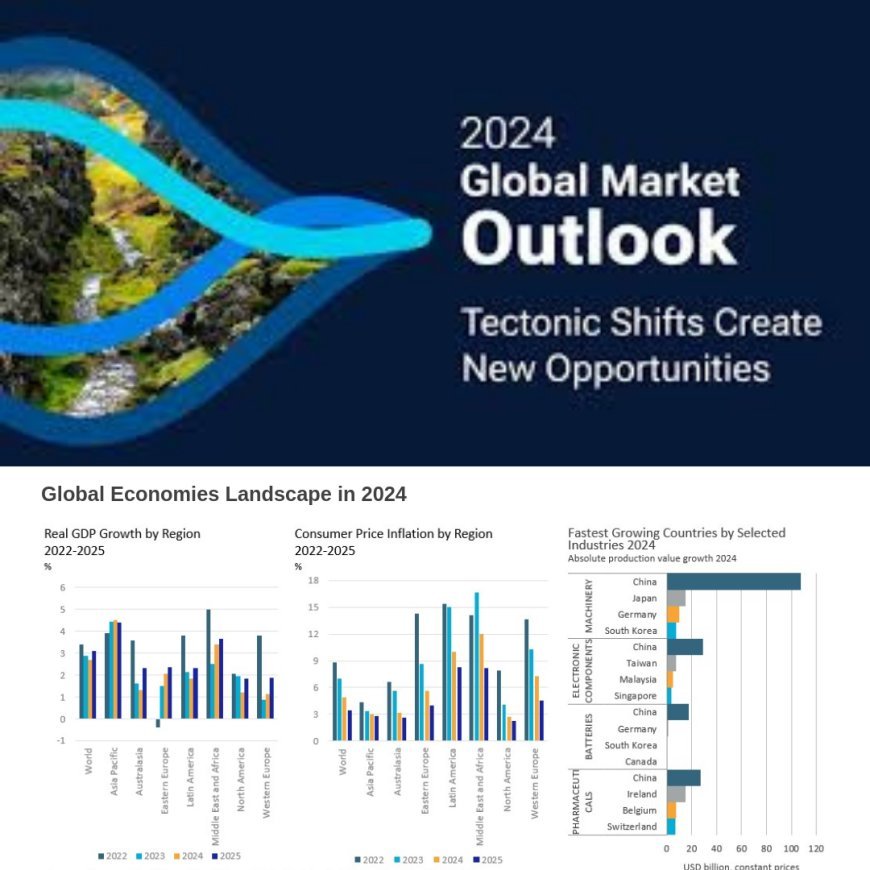Global Economic Outlook 2024: Navigating Uncertain Times
Discover the key trends shaping the global economy in 2024, from geopolitical tensions to energy transitions. Learn how businesses and governments are adapting to a rapidly evolving economic landscape.

Global Economic Outlook 2024: Navigating Uncertain Times
The global economic landscape in 2024 is marked by volatility, as nations continue to grapple with the aftermath of the pandemic, rising geopolitical tensions, and the looming effects of climate change. Key players like the United States, China, and the European Union are at the forefront of navigating these changes, shaping global markets, and influencing economic policies.
Geopolitical Tensions and Trade Restrictions
One of the most significant drivers of global economic uncertainty in 2024 is the strategic competition between the US and China. Despite ongoing diplomatic efforts, both nations remain locked in a trade war, using export controls, tariffs, and sanctions to protect critical industries such as technology and defense. This geopolitical rivalry has ripple effects on global supply chains, pushing companies to rethink their manufacturing and trade routes.
Energy Transition and Resource Nationalism
As the world accelerates toward decarbonization, the demand for renewable energy and critical minerals has surged. Countries rich in these resources, such as those in Latin America and Africa, are leveraging their natural assets to negotiate more favorable trade deals. However, this has also led to a rise in resource nationalism, where countries restrict access to key materials to protect their own economic interests. This trend is expected to impact sectors such as automotive, renewable energy, and electronics.
Sanctions and Global Supply Chain Disruptions
The war in Ukraine and the ongoing sanctions against Russia have added another layer of complexity to the global economy. Western nations have enforced stringent sanctions on Russian exports, particularly in energy and commodities, leading to higher prices and supply chain disruptions. Businesses are now navigating a complex sanctions regime, particularly in industries like energy, tech, and finance, where compliance is crucial to avoid hefty penalties.
Economic Growth and Inflation
Despite a global push for economic recovery, growth remains sluggish, with the International Monetary Fund (IMF) predicting below-average growth rates of 2-3%. Inflation continues to be a challenge for many economies, particularly in developing nations where rising food and energy prices hit the hardest. Central banks are struggling to balance interest rate hikes to curb inflation while supporting economic growth.
Conclusion
The global economic outlook for 2024 presents both challenges and opportunities. Businesses and governments must navigate a complex web of geopolitical tensions, trade restrictions, and resource nationalism, while also addressing the long-term impacts of climate change. Adapting to these changes will be key to building a resilient global economy in the coming years.
What's Your Reaction?










































































